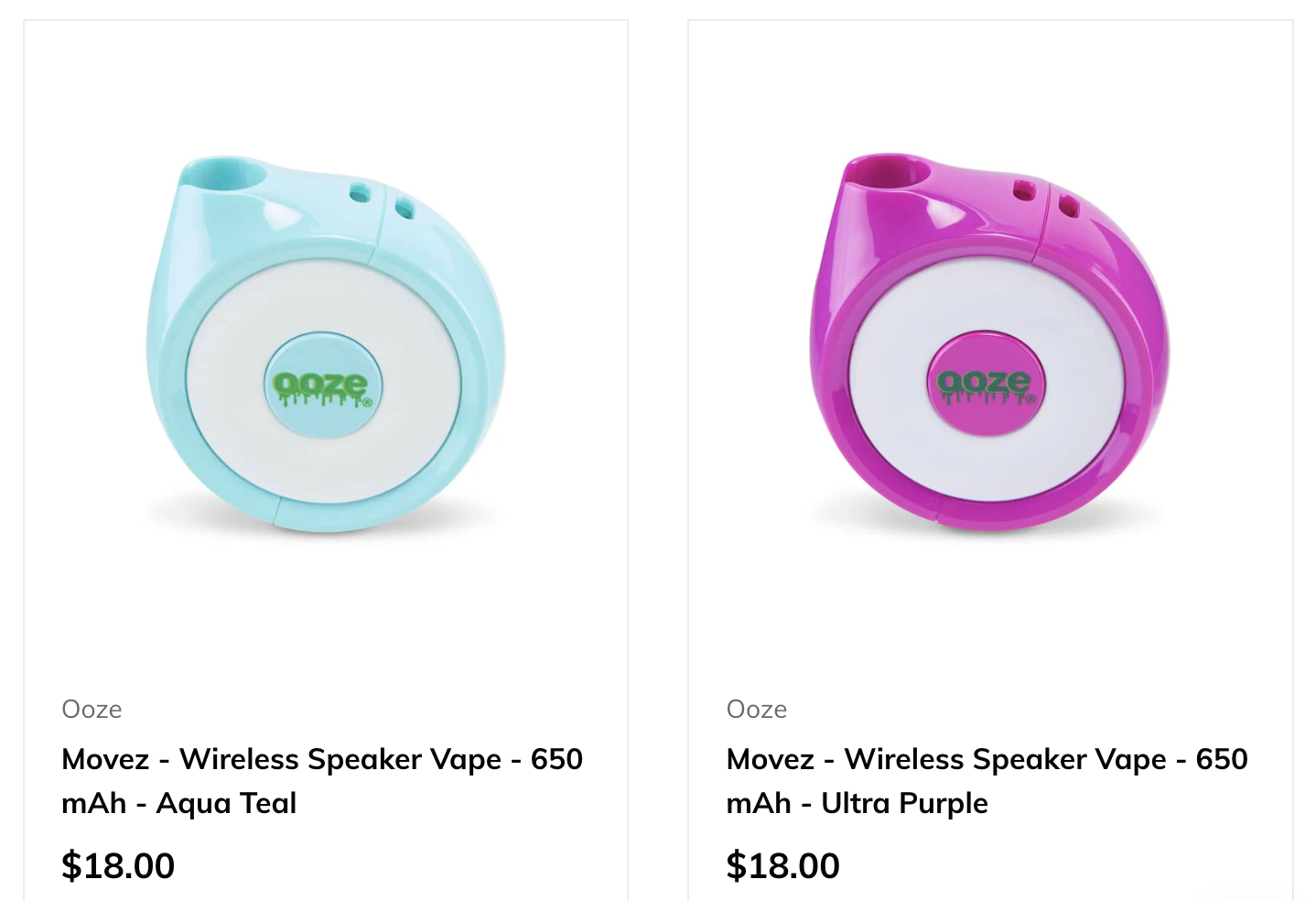How celebrity-branded and tech-forward e-cigarettes may be contributing to youth nicotine use
In the growing e-cigarette marketplace, celebrity brands and tech-forward designs may be contributing to youth uptake of these cheap, flavored, and highly addictive products.
Celebrities such as Mike Tyson and Chris Brown have debuted their own brands of e-cigarettes, contributing to the wave of unauthorized, illegal e-cigarettes that have flooded the market in recent years. Many of these products are bigger, stronger, and cheaper than the previous generation of e-cigarettes — and often contain sweet, fruity flavors that have been proven to appeal to young people.
Meanwhile, in another trend that is likely to influence youth uptake, e-cigarette manufacturers are now adding high-tech elements such as Bluetooth capability, high-definition screens, and speakers to their e-cigarette products, with some versions including games such as Pac-Man and Tetris. These products are attractive to youth and may couple nicotine addiction with gaming disorders, according to a paper published in Tobacco Control.
With more than 2 million middle and high school students using e-cigarettes and one in four reporting daily use, action must be taken to regulate these products. Federal agencies must work quickly to protect our nation’s young people and remove these youth-appealing and highly addictive products from the shelves.
For celebrities, branded e-cigarettes can bring in cash, at the expense of young people’s health
With few regulations on new e-cigarette products being enforced, celebrities have entered the market at the risk of exposing their young fans to highly addictive products.
Mike Tyson has three types of disposable nicotine e-cigarettes for sale on his online store, some of which are available in 51 different flavors. Chris Brown also offers disposable nicotine e-cigarettes in a wide range of flavors, and each device comes with a character card featuring a unique cartoon character designed by Brown. Users are encouraged to “collect them all” in a marketing tactic that is highly reminiscent of children’s trading card games such as Yu-Gi-Oh! or Pokémon.

Bluetooth, screens, and speakers: new “smart vapes” incorporate high-tech features
In the battle to find a niche in the e-cigarette marketplace, e-cigarette manufacturers have begun to produce high-tech products that incorporate Bluetooth, screens, and speakers into their designs, all for less than $20.
The RAMA e-cigarette brand describes itself as a “technologically advanced disposable vape brand, offering unmatched personalization with features such as GPS tracking, phone connectivity, Bluetooth connection and a unique screen displaying personal photos.”
Other models, such as the Craftbox V-Play 20k disposable vape, feature video game controls and comes equipped to play 3 different games.
The Ooze e-cigarette brand contains a wireless speaker that users can pair with their device to play music, and it also lights up while music is playing. The colors, lights, and round shape of the device are strongly reminiscent of a child’s toy, and these products clearly play into youth culture by offering the ability to personalize one’s device, in addition to their tech-forward designs.

These tech-forward e-cigarette brands are following in the footsteps of JUUL, the e-cigarette introduced in 2015 whose sleek, silver design and USB-charging mechanism made it an instant success among young people. JUUL was marketed more like a stylish accessory than a nicotine delivery device, and these products follow a similar marketing playbook.
Action must be taken to regulate these youth-appealing, highly addictive products. Nicotine is harmful to developing brains, and high rates of daily use could put young users at risk for nicotine addiction. Truth Initiative supports measures being taken to address the influx of illegal, unauthorized e-cigarettes and urges all retailers to act swiftly and in compliance with these regulations to ensure a safer future for our young people.
More in emerging tobacco products
Want support quitting? Join EX Program
By clicking JOIN, you agree to the Terms, Text Message Terms and Privacy Policy.
Msg&Data rates may apply; msgs are automated.



